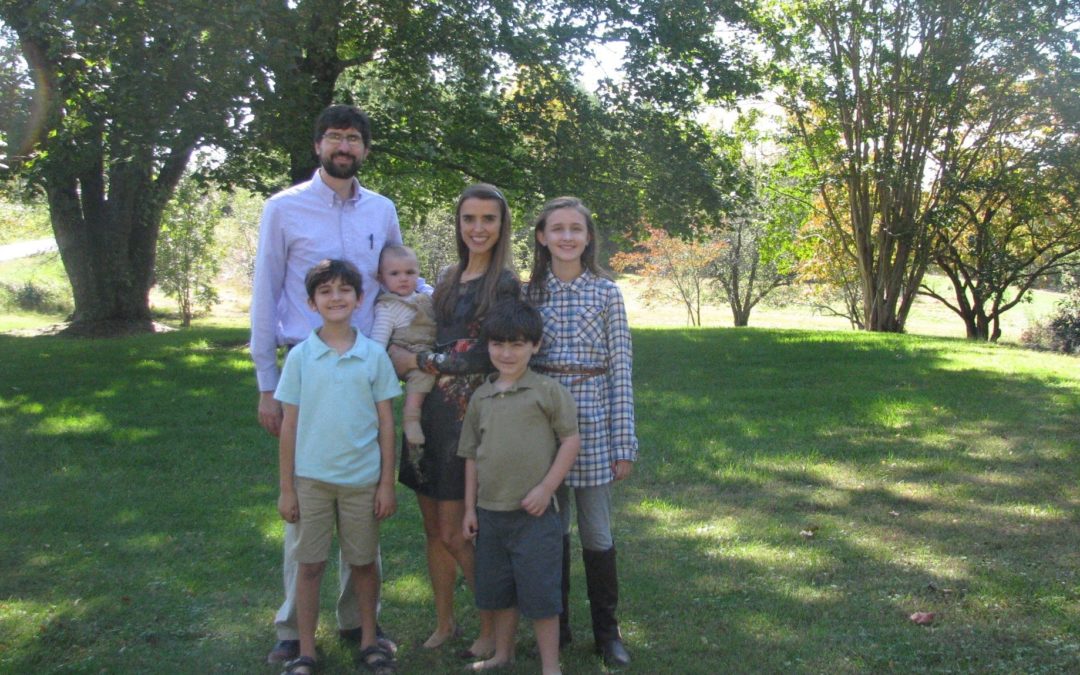By Guest Blogger Jessie Tucker Mitchell
In many ways my 11 year old daughter is still very innocent, still very much a child. She would rather spend an hour at the playground than at the mall. Her closet doors are decorated with posters of kittens and puppies, and she wants to bring home every homeless cat at the local shelter. She believes one person can make a huge impact on the world.
However, I am starting to see signs of the teenager Elsa soon will become, such as her desire to wear trendy clothes and her witty and somewhat overly sarcastic sense of humor. One teen behavior I did not anticipate happening this early in her life, though, was her obvious embarrassment over her younger brother. Fletcher, six years old and autistic, is tenderhearted and quick to cry when upset; he is very rigid about his daily schedule and will panic and throw a tantrum if anything changes, even if it’s something as simple as a quick stop at the pharmacy drive-thru when he expected to go straight home after school. And his tantrums are not just loud, they are glass-shattering, sound barrier-breaking wails that seem to generate from the most heartbroken part of him. Elsa, however, feels no pity when this happens. Instead, she tries to get as far away from him as possible, all the while looking around to make sure no one she knows is watching.
I will never forget the first time I realized she felt embarrassed by Fletcher. We were at Home Depot, buying something home-ish, like window blinds or shades or something else that doubtlessly would take my poor husband several weeks to install. Fletcher wanted desperately to leave (as did I), and the more I tried to distract him, the more agitated and louder he grew. Elsa’s eyes started darting around the store, and she hissed at me, “Shh! Will you make him stop? People are looking.” I explained that I was doing my best, but apparently it was not good enough, because she stomped off until she was all the way at the other end of the aisle, where she pretended to be fascinated by a curtain rod display.
I knew better than to chastise her; after all, she was entitled to these feelings, and I knew I had to allow her to work through them before she could make peace with her role in Fletcher’s life, and his in hers. And believe me, for months she would walk several feet ahead of us in shopping centers, safely within my sight, and pretend to be just another adolescent girl whose parents let her wander around in public alone.
Several months after the Home Depot episode, my whole family was somewhere that will remain unnamed where people are supposed to act really nice to each other. Fletcher and a dozen other young children were playing at an indoor playground, while parents stood behind a half-wall, chatting with each other and watching. Before I share what happened, you must know that Fletcher is tall and solidly built for his age, but also a gentle, loving child who would be horrified if he ever hurt someone. That morning he saw a much smaller boy rolling on the floor laughing, and Fletcher’s face lit up. I could actually see him thinking, I want to roll around and laugh with you! So he ran over to the other child and started to lie down beside him (without ever touching him, might I add). The child’s mother burst onto the scene, and she was not pleased. “What’s the matter with you?” she snapped at Fletcher, pulling her own son away from mine. “Get away from him! Don’t you dare roll on top of him! Is there something wrong with you?” My heart broke for Fletcher, and over his shoulder, it broke even more when I realized that my older children had witnessed the entire scene. My son Truman had tears rolling down his cheeks. But Elsa – her big sister instinct finally kicking into gear – practically ripped the door off the hinges so she could go after that woman. My husband literally had to hold her back. And you know what? I had never felt more proud of my daughter.
Elsa still gets embarrassed by Fletcher sometimes. He still throws ear-splitting tantrums in public, and he still wears Pull-Ups and has odd little rituals he must follow every day – and she is a middle school girl, after all. But she has developed a deep, delicate love for him as well, and compassion for other children who might not quite fit into the mold of “normal.” I have seen her reaction when she encounters another child with autism or some other impairment: Her face softens, and she is reminded of her own little brother. And you know what I think about my daughter? I think she might just be the one to make that huge impact on the world.

















Wow, this is real life writing & so much truth shown with lots of love. Great parents with God’s help of these precious children. Beautiful writing, Jessie
Beautifully written, Jessie.
That was another beautiful story in Fletcher’s life with his family. I enjoy hearing how the kids are doing. If you get the opportunity, come back to Oak Ridge Baptist Church for a visit with us.
This pulled at my heartstrings. Just beautiful!
Jessie,
That was beautiful. You do a great job EVERY day!!
thanks for sharing!